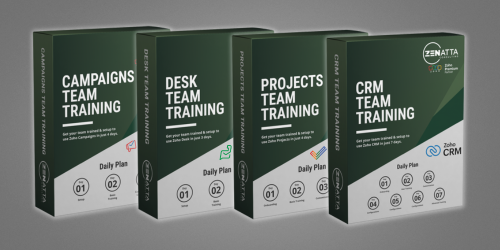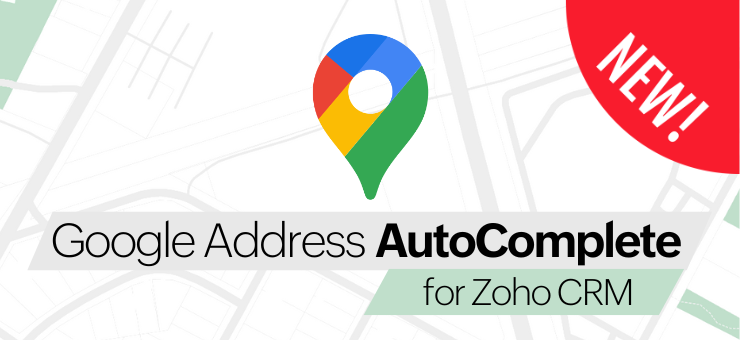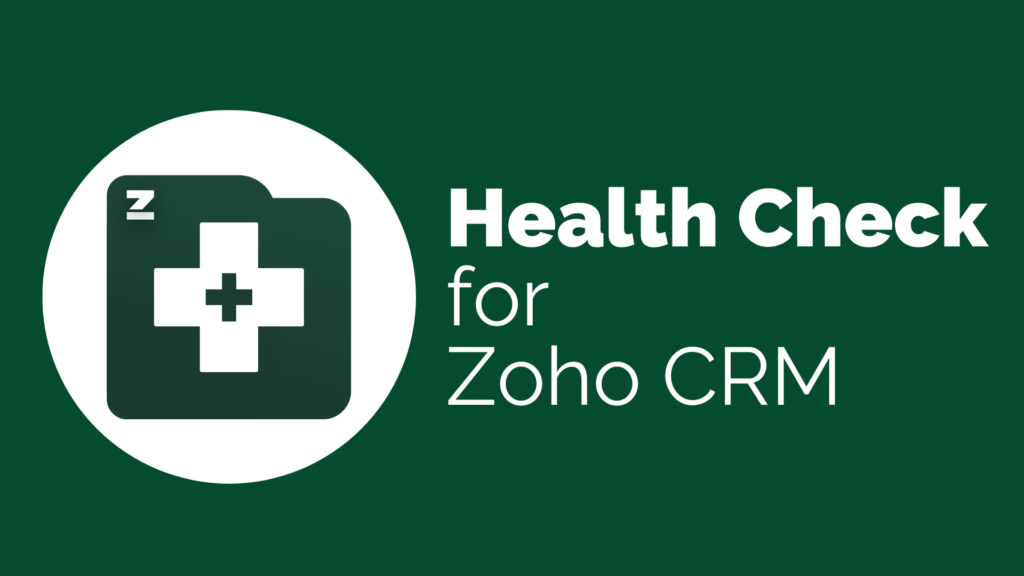Do you have a slow website? Chances are, you’ve already searched google for the easiest fixes to improve your page performance, which includes many easy solutions such as using image optimization plugins and caching plugins (read our recent article). We now want to go a step further and address site-wide problems that will create lasting impacts on your site speed.
“If you have a performance problem, first and firstmost, find where the bottleneck is and solve it, don’t hide it under the caching carpet!”
Source: Davide Mauri
Ah, yes. Website Caching – a way to take a large website and crunch it down into a smaller size to improve website performance. However, what if you want to eliminate the root problems?
In this article, we address the 5 root issues that cause performance problems on websites, especially WordPress websites.
1. Slow Servers
It’s best to begin your performance update by assessing the state of your server. Your server is likely overloaded if your website is optimized on the front-end but still slow. Two options are to switch to a different hosting provider or to switch to a dedicated server.
What to look for in a hosting provider:
We recently published the article “6 Features to Look For in a Website Hosting Provider” which covers some key things to look for when searching for a hosting provider. We’ve had better luck with performance and customer support with some of the smaller names in the industry. Not to say the others are bad, just our personal experience for ourselves and our clients.
Managed vs Dedicated Hosting:
“Managed WordPress” plans, which store your site on a server alongside many other websites, are the most common hosting type for WordPress. Your traffic, as well other websites’ traffic, all compete for priority when a user goes to your site. To avoid this problem altogether, consider a dedicated server, which hosts your site on its own server.
2. Outdated PHP
WordPress’s core files are built with PHP. According to WordPress, the two main benefits of keeping PHP up-to-date are “Your website will be faster” and “Your website will be more secure” (Source: https://wordpress.org/support/update-php/). PHP updates improve security, improve performance, and reduce memory usage. When the version of PHP running on your server doesn’t match the latest available version, conflicts can arise with WordPress, themes, and plugins, all of which will slow down your site. Sometimes, outdated PHP can cause elements on your site to break.
How to update PHP:
Contact your web hosting provider. Make sure to back up your site first, in case it causes any problems. Occasionally, themes and plugins aren’t ready right when a new version of PHP is released.
3. Outdated version of WordPress
If you’ve been using WordPress for a while, you may remember that previously it was really slow. We’ve been impressed by the improvement measures the team over at WordPress has been making to improve the platform. As you can see in the table below, WordPress 5.9 had nice gains over earlier versions.
Source: https://make.wordpress.org/core/2022/01/05/wordpress-5-9-performance-improvements/)
How to update WordPress:
If your website’s version is out of date, we recommend updating it. Of course, make sure to back up your site in the instance that the new update breaks the site.
4. Bloated Themes
Many people choose a theme because of the look of its pages, but themes are meant to be more about the features and less about the look. Instead, Page Builders are where you can dial in the look of your website. When choosing a theme, we recommend looking for one that advertises fast page performance above anything else. Lately, we’ve been using Kadence, a free and fast WordPress theme.
5. Bloated Page Builders
Elementor, Divi, WP Bakery, and Beaver Builder are common WordPress page builders. Page builders generate poor code quality which contributes to performance issues. Page builders generate bloated code files for pages with the same look as a hard-coded page. And more code means a slower-loading website.
An alternative we recommend — Gutenberg. Gutenberg is WordPress’s native theme editor, meaning you don’t need to install a separate plugin to use it. Because WordPress is so concerned with speed improvements, they’ve recently improved Gutenberg to be more feature-rich, offering competitive features with what you’ll see in Elementor or Divi.
Our top recommendations:
- Frequently test your site speed using Google Pagespeed.
- Upgrade your server – We recommend Liquid Web or Flywheel.
- Update WordPress to the latest version
- Update PHP to the latest version
- Switch to Gutenberg
- Consider a maintenance plan
Conclusion
While not always the most glamorous, the speed of your business website is crucial to maximizing the number of visitors to your website. A slow website gives users more reasons to leave and go to your competitor. Upgrading your server and maintaining the latest version of your theme, plugins, and PHP are high-leverage ways to keep your website running quickly. Consider one of Zenatta’s maintenance plans to have our team’s input on your website improvements. These plans include maintenance on all of the points covered in this post, as well as continuous monitoring of your site.










